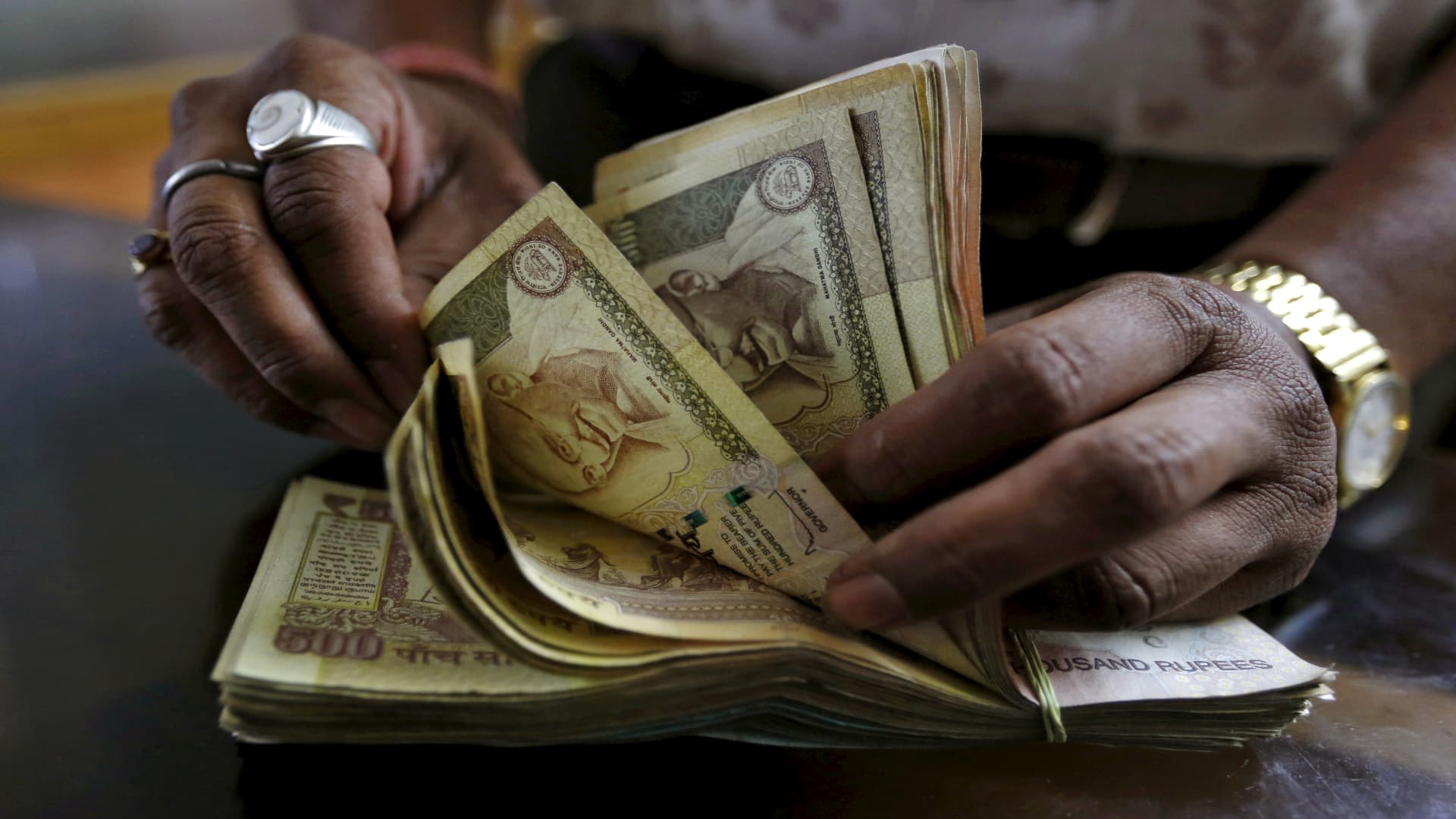
There’s a mad dash for cash in college sports.
Between multibillion-dollar television deals, the institution of the transfer portal and the escalation of NIL —name, image and likeness — deals for athletes, college athletic programs, particularly football, have never looked more lucrative.
Now private equity and venture capital enterprises such as College Sports Tomorrow, Smash Capital and Collegiate Athletics Solutions are looking to buy in, and the schools with the most valuable athletic programs sit in the best position to capitalize.
At the very top of the heap are the schools that excel on the gridiron. According to people familiar with the economics, football generates roughly 75% of athletic program revenue at typical Power 4 schools, which include the ACC, Big Ten, Big 12 and SEC conferences.
This year’s expanded, 12-team College Football Playoffs kick off Dec. 20. ESPN parent Disney signed a six-year extension in March for the rights to the games through 2031. The deal is worth an average of $1.3 billion annually, more than double the previous deal, according to media reports.
Given the fact that the SEC dominates the college football ratings, experts CNBC spoke with believe the conference will leapfrog the Big Ten with the richest television deal when its current agreement expires in 2033-34.
“The SEC is almost a super-conference and, because of its football teams, owns the most valuable content in college sports,” said Irwin Kishner, a partner at the corporate department of Herrick Feinstein and co-chair of its Sports Law Group.
Private equity, of course, is not a new concept for sports. In North America, Major League Baseball, the National Basketball Association, the National Hockey League and Major League Soccer have permitted private equity firms to own limited partner stakes for several years. The National Football League voted in August to allow select private equity investors to take minority stakes.
Now the attention is turning to college programs.
“As a business, college sports, particularly football, is performing well and continuing to grow, which is why investors are looking at the asset class,” said Greg Carey, the global co-head of sports franchise in investment banking at Goldman Sachs.
Institutional investors such as Collegiate Athletic Solutions — a proposal by RedBird Capital Partners and Weatherford Capital — would provide capital to help grow a school’s athletic revenue. In return, the private equity firms would get a cut.
There is also the belief that the business acumen from outside investors could drive profits even higher.
“There’s a big opportunity to drive EBITDA [earnings before interest, taxes, depreciation and amortization] higher in college sports because there are easy ways to maintain quality while reducing expenses,” said Kishner.
And schools have incentive to bring on outside investors.
For one, a $2.8 billion settlement between the NCAA and the five largest conferences would award compensation to 14,000 students who were previously prevented from earning endorsement money. A hearing to grant final approval on the deal is scheduled to take place in April, but already schools are planning ahead for it.
And even among the biggest conferences, a gap in television revenue could cause a big competitive and economic disparity.
“Schools in the ACC and Big 12, as well as the bottom of the SEC and Big Ten who are generating less local commercial revenue, will have little choice but to take on private capital and operation expertise, or they are all but guaranteed to be left out of the top echelon of competition in the future,” said Jason Belzer, publisher of AthleticDirectorU, who has advised universities on NIL deals and is now doing the same for athletic departments seeking private equity.
To be sure, the move to private equity is complicated and could still be months off. Florida State has been reportedly working with JPMorgan Chase for about a year trying to raise institutional capital.
Yet, bankers and attorneys interviewed by CNBC believe private equity will eventually be investing in college athletic programs.







